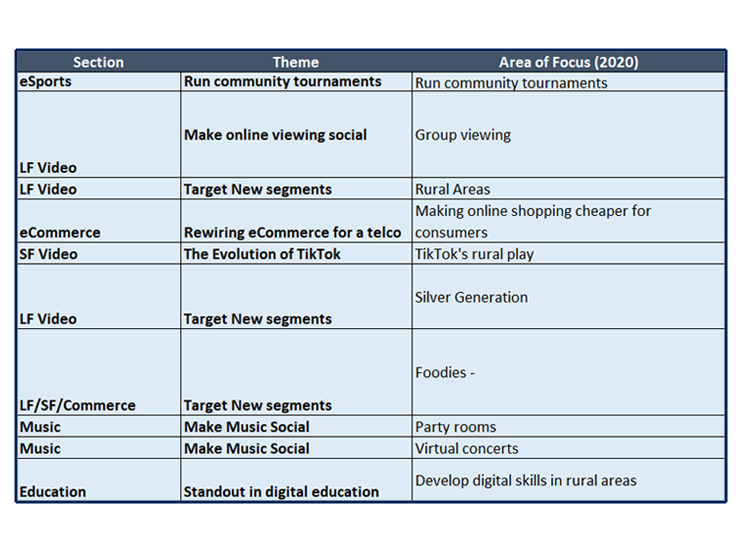Can you apply Scrum to warp speed projects?
- Pioneer Consulting APAC

- Aug 27, 2020
- 3 min read

Scrum is the most popular Agile framework for digital service projects and start-ups. Scrum is good for projects where compromise can be reached between key constraints of budget ($)/scope (number/type of features)/launch timescales (v1.0 in 6 months).
Scrum practitioners would recall that Scrum rules specify the time length for different key tasks e.g. Sprint, Daily Scrum, Sprint Planning, Sprint Retrospective, etc. – for instance, a Sprint is usually between 2 and 4 weeks long.
But, what if the whole project is only 3 weeks in duration? Can Scrum be deployed for such “warp speed projects”?
The answer is YES.
We at Pioneer Consulting Asia-Pacific (PCA) have successfully applied Scrum to a 3-week client project involving research, analysis, presentation design and production, rehearsals and presentation – with the entire consulting team working away from the office and separately from each other during the COVID19 period.
How was this possible and what were the key lessons?
How did PCA apply Scrum?
We undertook ultra-short sprints – each lasting for only 3 days! Despite the extremely tight time frame, we still managed to host discussions for Sprint Planning and Sprint Retrospectives each lasting about an hour. We even managed to bring in new team members over the course of this warp speed project.
We first estimated the total effort required across the whole project:

Overview of our product backlog
Within each Sprint, we then estimated the effort required per workstream and allocated them to our team, ensuring that no one member was overloaded with work:

Estimating the effort per member during a Sprint
Here, we showcase some snapshots from our actual Scrum product backlog and Sprint backlogs:
Because of the rapidly evolving nature of the project, we also chose to revisit workstreams that were completed in earlier Sprints, to update and refine their content.
We believe the key to successfully applying Scrum for our very short project was staying true to the principles of Scrum, namely transparency, inspection and adaptation, as well as each team member living by the Scrum values, namely courage, focus, commitment, respect and openness. And, without genuinely working as a team, we would not have been able to pull it off.
We received a glowing testimonial from our client.
What were the lessons learnt?
Inevitably, not everything worked perfectly, and we needed to make refinements. For instance, because the team was working remotely, we needed to describe items in the back catalogue in more detail than we had planned; we needed to better define “done” and we needed to refine the effort required per sprint, and more clearly lay out our internal definition of ‘effort required’. In addition, we had to recognize that “done” for a given work stream would often lead to additional tasks for that same work stream as we discovered new areas to include, and these needed to be planned into a subsequent sprint. In essence, “done” for a given work stream was constantly evolving so updating and monitoring the overall “doneness” of every workstream was critical to ensuring the project was completed on time and delivered to the client’s specifications.
Overall, we believe we would not have been able to complete this short project with the quality of output that we produced had we not used Scrum!
Pioneer Consulting Asia-Pacific (PCA) is an international management consultancy specializing in the telecoms, media, gaming, ePayments, digital banking, emerging digital ecosystems and other digital developments.
PCA’s consulting team is fully Scrum-certified; all our consultants are Certified ScrumMasters© and Certified Scrum Product Owners©. We can coach your project teams to apply Scrum to short and long projects where team members are together or working remotely.







Comments